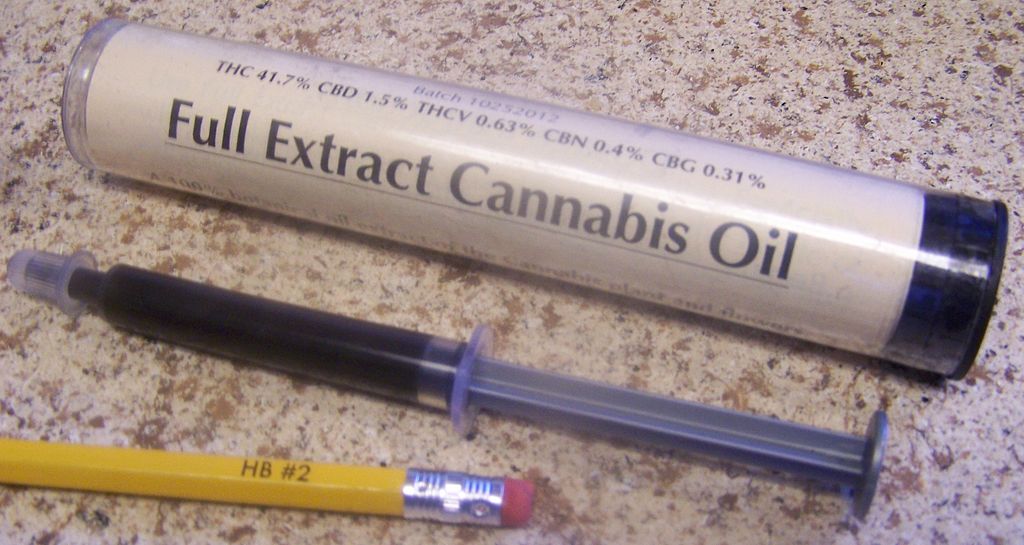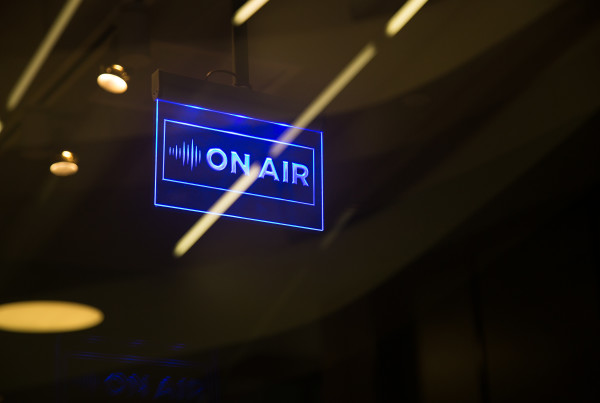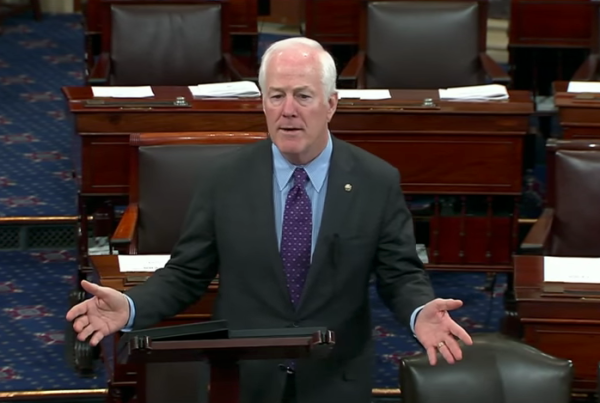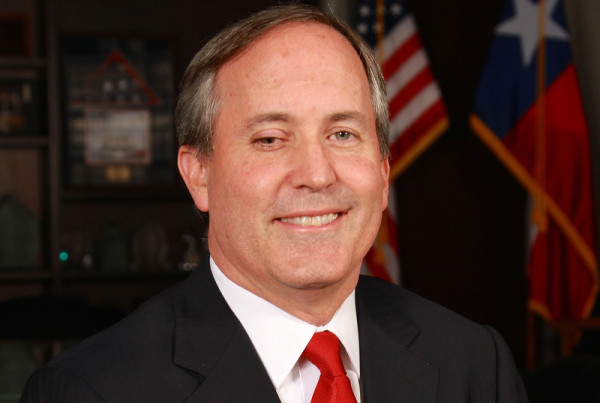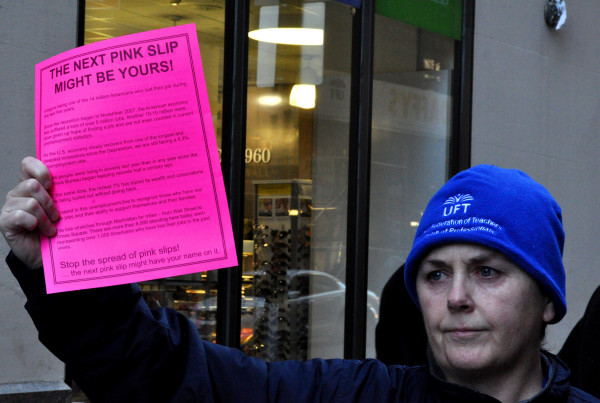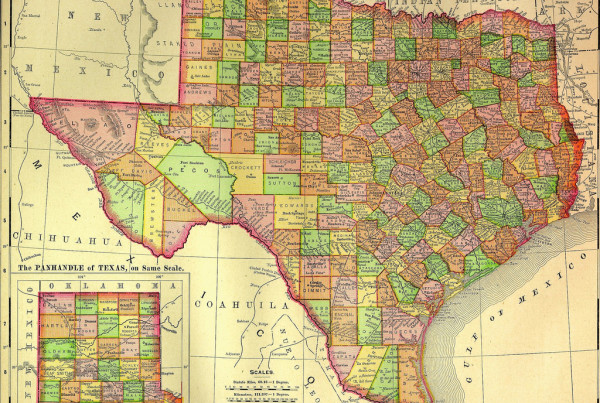The state of Texas is pushing ahead to make low-THC cannabis oils available for people with intractable epilepsy, a seizure disorder that isn’t controlled by medication. The Texas Public Safety Commission’s new rules to regulate the program took effect earlier this month. The goal is to have a minimum of three dispensaries licensed by September of 2017.
DPS is looking for vendors to develop the framework for a secure registry for doctors and potential dispensaries in the state, but there’s a lot of work to be done.
Katharine Neill, the Glassell Postdoctoral Fellow at the Baker Institute at Rice University in Houston, says that there are 75,000 estimated intractable epilepsy patients in the state, not exactly a large customer base for potential dispensaries.
“I’ve spoken to some entrepreneurs that have been interested in getting into the industry just from the bottom up,” Neill says. “And some have been discouraged, both by the question about the size of the clientele and also some of the rules that the law requires.”
The wording of the law makes it different from laws in other states and places more restrictions on how to get the oil.
“Doctors in Texas are required to prescribe the medicine to patients, versus recommend, which is the language used in other states with these kinds of laws,” Neill says. “So there’s some concerns that if you take say the 75,000 as a rough estimate, how many of these patients would actually be interested in getting it and be able to get it through doctors who would go on the record for prescribing it.”
Doctors may be reluctant to prescribe the oil, she says, because while Texas law legalizes the oil, it’s still prohibited under federal law.
So what does it all mean for the future of medical marijuana in Texas? While the current law is fairly narrow, Neill predicts that there will be a push for more medical cannabis products in the future.
“I think that that’s something we’re definitely going to see at least pushed for in 2017,” she says. “One of the things with this law is that the dispensaries don’t actually have to be licensed until June of 2017 … That kind of coincides with almost the beginning of the 2017 session.”
Listen to the full interview in the audio player above.


